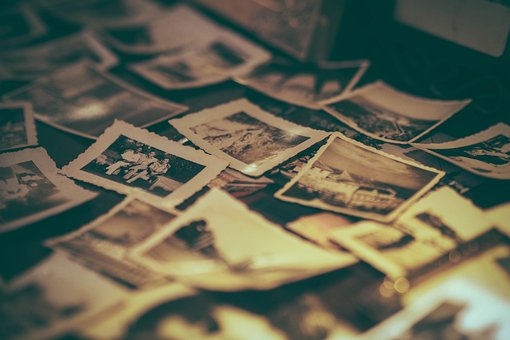Tsunami, 45. Family Tree.
Genealogy has always been something I've been interested in. I guess I acquired that interest when I was growing up in Boston. Many Americans, since it is a country of immigrants, don't know who their ancestors were beyond grandparents or great-grandparents. They get to that first person to enter through Ellis Island, or another checkpoint, and they don't know any more except what country they came from. Sometimes, not even that.
I do know. I know who my great-great grandparents were, because the Registro Civil that was set up in Spain in the 1870's, has a long record of birth certificates upon which were annotated the child's parents and all four grandparents, including their places of origin. With that, when there is time, I can go to the Archdiocese of Santiago, and look up in their records the baptismal certificates. That last is a bit more chaotic than the bureaucratic side, as my daughter found one day, but still doable.
Even so, it's the direct line that is easy to find. Knowledge of the extending branches depends more on memory and having family members who know who is whose uncle, second cousin, and the like. This morning, I discovered another branch of my tree.
I have an English student who comes every Wednesday morning. Today, for some reason, we started to talk about family. It turned out that her father had worked for years with a co-worker from a neighboring parish, and last year they discovered they were second cousins. When the student mentioned the name of the co-worker, I stared. Really? But that's the son of my father's first cousin, which makes him my cousin, and her father turns out to be my cousin, as well. We're cousins, albeit distant.
While it's becoming more common to marry outside the parish one has grown up in, once upon a time, it was almost the norm to marry within it. Mobility was not as great, so one didn't get much opportunity to meet people from kilometers away. One grew up knowing who was and who wasn't related in some way. The most common question an older person would ask of someone they had just met was, "E ti, de quén ves sendo?" (And, who is your family?) That older person would then understand from the answer where, in the scheme of intertwined families, the newcomer would belong.
While it can be comforting knowing that one has kin nearby, and that one's ancestors has been living in this patch of the world almost forever, there is also a sense of asphyxiation. Everyone knows you, your family quirks and history, and expects certain things of you. In that sense, living in a place different from where you are from, can be liberating. I'm sure it was so for many who emigrated to the United States, where some even invented family histories to escape their past. And so, a part of personal history was also lost by many, leaving future generations to want to find out just where they came from.
Life continues.



Comments
Post a Comment